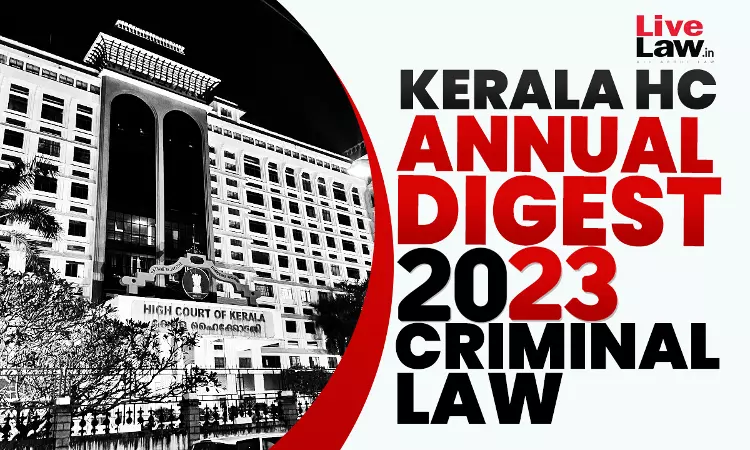Next Story
12 Jan 2024 9:32 AM IST
Can't Test Veracity Of Material When Cognizable Offence Disclosed: Kerala High Court Dismisses Cop's Plea For Quashing Of Corruption CaseCase Title: T. A. Abdul Sathar v. The State of Kerala and Ors.Citation: 2023 LiveLaw(Ker) 3The Kerala High Court observed that a finding on the veracity of the material in a case where the allegations levelled by the prosecution disclose a cognizable offence,...

